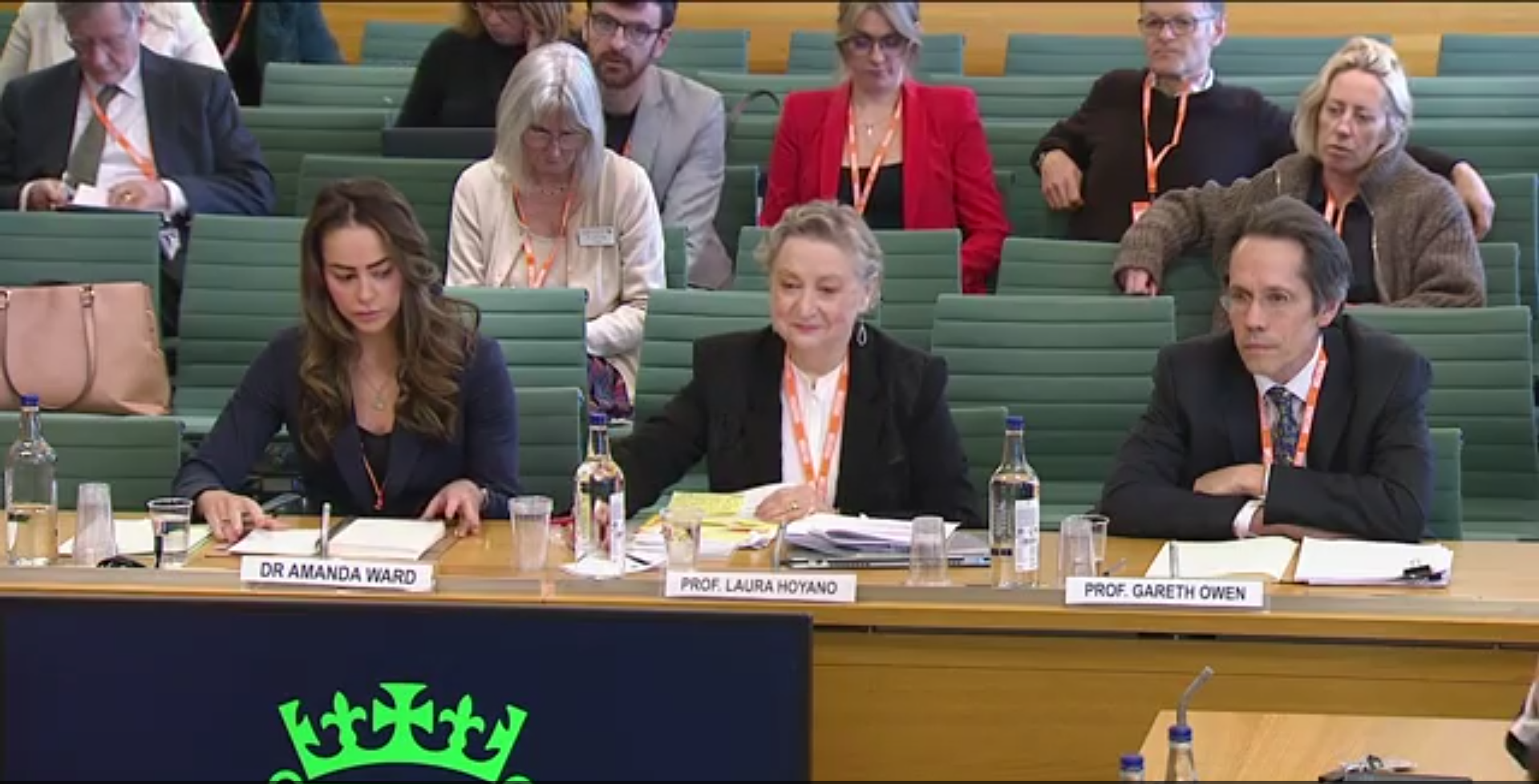 Thursday 30 January was the last day of oral evidence for The Terminally Ill Adults Bill Committee. MPs heard evidence from international experts, medical professionals and people with lived experience.
Thursday 30 January was the last day of oral evidence for The Terminally Ill Adults Bill Committee. MPs heard evidence from international experts, medical professionals and people with lived experience.
The testimony from people with lived experience was incredibly powerful, and we will make sure these testimonials are highlighted throughout our work.
Make sure to catch up on the summary of evidence from the previous sessions:
Session 1:
- Dr Chloe Furst, Geriatrician and Palliative Care Physician, Adelaide,
- Alex Greenwich, MP for Sydney, Parliament of New South Wales,
- Professor Meredith Blake, University of Western Australia
Dr Furst explained that the end-of-life medication is working, compassionate and safe, with 95% of cases seeing death within minutes. When asked about how the palliative care community reacted to a change in the law in Australia, Dr Furst said:
“I would be lying if I said the palliative care community were completely on board with it.. new consultants, new doctors that are coming through are really seeing assisted dying as something they want to do. There is no animosity any more from those who want to work in this space and those who don’t.”
In some states in Australia, people can choose to have an assisted death if two doctors signs off that they are terminally ill and have six months left to live, but that extends to twelve months for neuro-degenerative conditions. Professor Blake told MPs:
“As a clinician, I think that 12 months for neurodegenerative conditions is really helpful. If you’re looking at prognosis and trajectory, if you look at things like cancer, that six-month prognosis is quite noticeable, but if you look at motorneurone disease that process can be quite slow and very distressing for them.”
In Queensland, the criteria is set as people with twelve months left to live, no matter the condition.
When asked about the experience of politicians in Australia, and why New South Wales felt it needed to introduce a law, Alex Greenwich MP said:
“We decided we can do better and we can regulate in this space. Voluntary Assisted Dying in New South Wales is an important form of suicide prevention. What voluntary assisted dying does is ensures a person who has a terminal illness who knows it is going to be a cruel and painful end to their life is instead directed to a doctor who will be able to take them through all their options, including palliative care.”
Session 2:
- Dr Amanda Ward, PhD in law reform on Voluntary Assisted Dying.
- Professor Gareth Owen, Kings College London and South London and Maudsley NHS Trust
- Professor Laura Hoyano, Professor of Law, Oxford University
Dr Ward contributed significantly to the legislation that is currently going through the Scottish parliament. The Assisted Dying for Terminally Ill Adults (Scotland) Bill is very similar to the Terminal Ill Adults (End of Life) Bill for England and Wales. The two key differences between the proposals are:
- In England and Wales, a person must have six months left to live or fewer, but in Scotland the person must have a terminal illness, but there is no time limit set.
- In Scotland, there is no requirement for a High Court judge to sign off on each case.
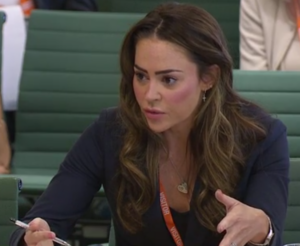 Dr Ward told MPs:
Dr Ward told MPs:
“So that has been a four-year process and I understand that there have been concerns voiced and this committee that this has proceeded at pace. However, I would argue that you are not pioneers. There’s 20 to 30 years of data that we have drawn on in Scotland and there are four years of working in Scotland that this committee in this Parliament could look to.
I would make the point that the data is peer reviewed and evidence-based and you really have to trust your international colleagues because the data is from government bodies, it’s from health departments, it’s from independent academic peer reviews”
Drawing from her experience of medical law, Professor Laura Hoyano told MPs:
“There is considered to be a fundamental right at the heart of medical law that the patient has autonomy to decide what to do with his or her body and to refuse medical treatment, providing they have the capacity to do so and are acting without coercion from external sources.
Doctors have to make those assessments all the time, it’s a convenient fallacy to say there’s a difference between pulling the plug on a respirator as a positive act, whereas giving a patient a syringe to end their own life is a negative act.”
Professor Gareth Owen disagreed with Professor Hoyano, arguing there was a clear difference between withdrawing treatment and assisted dying. When asked about whether a psychologist was needed in every case, he said: “I think the answer to that is probably not, given the current workforce. “
Session 3:
- Professor Nancy Preston, Professor of Palliative Care, Lancaster University
- Dr Naomi Richards, Director of End of Life Studies, University of Glasgow
- Claire Williams, Head of Pharmacovigilance and Regulatory Services
There was a strong emphasis on why people choose assisted dying in this session. Dr Richard told MPs:
“It’s individually specific which won’t come as a shock to you. The evidence shows that people who request assisted dying are people who perhaps have a particular preference for control in their life and they have had this preference across their life. It’s part of their identity. In that sense, it is a personal preference as opposed to a deficit in palliative care, which is what we hear a lot about. “
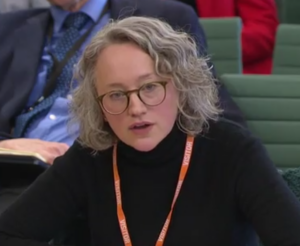 Professor Preston agreed, saying:
Professor Preston agreed, saying:
“We’ve done interviews with bereaved families and healthcare workers in the United States and the Netherlands, as well as in Switzerland and also British families who access to Dignitas. It often comes there’s something they’ve really thought about for a long time, this is what we hear from the family members, and it might come to a crunch point where they know they’re potentially going to lose capacity and they are potentially going to lose the abilities”
Claire Williams advocated strongly for the Bill to move away from a High Court judge, arguing:
“I absolutely agree that a panel/committee approach would have better safeguarding for patients, because the decision is being made collectively with legal expertise and with other healthcare professionals—that might be palliative—or ethicists like myself. It is having that collective view, ensuring that everybody is happy and that that is exactly what the patient wants. I believe it should be a committee/panel-based approach for the final decision.”
Session 4:
The fourth session focused on families with relevant experience – which we highly recommend you watch, as one of the most moving and heart-felt evidence sessions this parliament has seen.
Pat Malone: Three members of Pat’s family died in dreadful circumstances, two of them by suicide after suffering from cancer, the third with Motor Neurone Disease travelled to Dignitas to have control over her own death. Their pain and suffering could have been avoided by a compassionate assisted dying law
Liz Reed: Liz’s brother had an assisted death in a hospice in Queensland, Australia aged 39. Their law is very similar to the England and Wales Bill. She explained how the law works in practice for a dying person and their family.
Julie Thienpont: Julie and her husband were living in Spain when he was diagnosed with mesothelioma and given three months left to live, so he opted for assisted dying.
Pat told the committee:
“My sister’s death, having seen those two deaths, was much easier. She got motor neurone disease and was not really suffering in the way that my father and brother had been. She knew that her end was going to be as a live brain in a dead body, and that was the horror that she faced. From the beginning, she was fixed on going to Dignitas, which she did… When she was accepted by Dignitas, she said that it was the greatest relief of her life. She said, “I know I am not going to get cancer or dementia. I’m going to die painlessly at a time and place of my choosing.”
That is exactly what she did, but she died 1,000 miles from home. She should have died in her house with her family, and her dogs on the bed. She should not have been denied that.”
Julie told the committee:
“It was a very peaceful, serene and beautiful death, as opposed to what it would have been like. He was able to speak to his relatives in Australia, his brothers in Belgium and other family members, and I was able to hold his hand. Guy had always been a bit of an old cowboy, and he always said that he wanted to die with his boots on. I am proud to say that that is what he did. At the end, we were holding hands, and I said to him, “Don’t be afraid.” He said, “I’m not afraid,” and he winked at me just before he closed his eyes.”
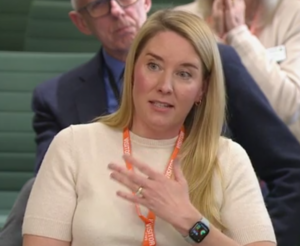 Liz told the committee:
Liz told the committee:
“The day my brother died we sat outside in the courtyard and had a glass of champagne. He chose a Bob Dylan song that he wanted to die to. It was extremely peaceful. It was seconds. And he got to say all the things, have all the conversations, speak to our parents—that sort of real American “closure”. That is what he got, and we were not sitting around thinking, “I wish I’d said this. I missed it,” or, “I was off doing something with the kids.” We were all there: my mum, my dad, me, his wife. We sat there and held his hand—and what a gift.”
Session 5:
- Professor Emyr Lewis, Emeritus Professor, Department of Law and Criminology, University of Aberystwyth
- Dan Scorer, Head of Policy and Information and Advice at Mencap
- Dr Annabel Price, Member of the Faculty of Liaison Psychiatry at the Royal College of Psychiatrists and past Chair of RCP
- Dr Michael Mulholland, Honorary Secretary at Royal College of General Practitioners
The final session of the oral evidence ended with a focus on Wales and devolution. Professor Lewis explained that due to the potential changes on the Welsh healthcare system, that a legislative consent motion may be required, where Westminster asks Welsh ministers or the Senedd, the Welsh parliament, for permission around certain powers.
Sarah Sackman MP, The Minister of State, Ministry of Justice, replied that she will work closely with the Welsh Government to assess the legalities and practicalities of any potential changes to the law.
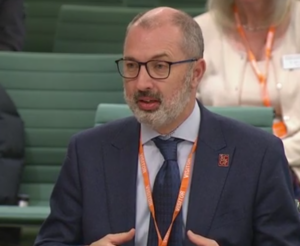 When asked about a potential ‘gag clause’ that would prevent doctors from talking about assisted dying to patients, Dr Mulholland said:“We are very protective of our relationship as GPs, and want to give patients the options that they might want to choose for themselves. We are not usually pushing anyone to any decision, but supporting them through their end-of-life journey. We would want to protect that in whatever way, so we therefore feel that a service we can signpost to would be the most appropriate thing as the next step.”
When asked about a potential ‘gag clause’ that would prevent doctors from talking about assisted dying to patients, Dr Mulholland said:“We are very protective of our relationship as GPs, and want to give patients the options that they might want to choose for themselves. We are not usually pushing anyone to any decision, but supporting them through their end-of-life journey. We would want to protect that in whatever way, so we therefore feel that a service we can signpost to would be the most appropriate thing as the next step.”
Dan Scorer raised many issues that he recommended that the committee take into account to be inclusive of people with learning disabilities. He also urged the committee to bring the review that is due to take place after five years of legislation working, to be much earlier.
A considerable amount of Dr Price’s evidence centred around the Mental Capacity Act and if it was sufficient for a Bill of this kind. When questioned about how mental capacity works with the refusal of treatment, Dr Price replied:
Notes:
Members of the MDMD team, as well as individuals affected by the current law on assisted dying, are available for interview upon request
For further comment or information, media should contact Nathan Stilwell at nathan.stilwell@mydeath-mydecision.org.uk or phone 07456200033.
Media can use the following press images and videos, as long as they are attributed to “My Death, My Decision”.
My Death, My Decision is a grassroots campaign group that wants the law in England and Wales to allow mentally competent adults who are terminally ill or intolerably suffering from an incurable condition the option of a legal, safe, and compassionate assisted death. With the support of over 3,000 members and supporters, we advocate for an evidence-based law that would balance individual choice alongside robust safeguards and finally give the people of England and Wales choice at the end of their lives.
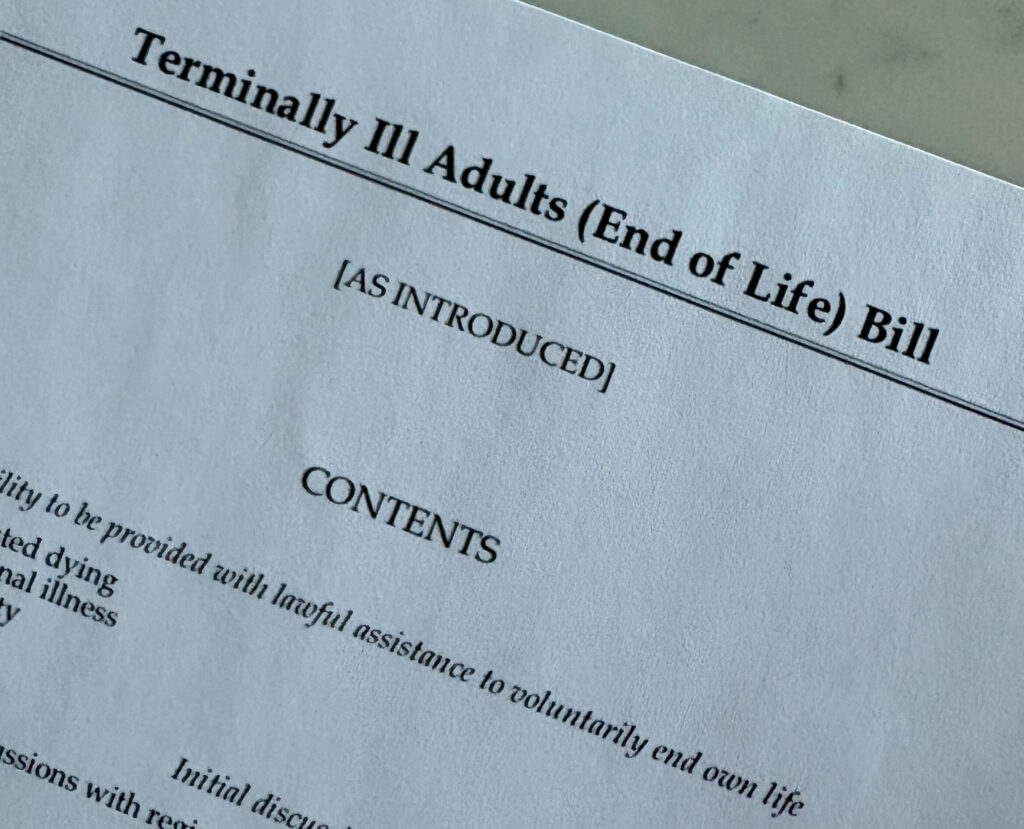 A new amendment to the Terminally Ill Adults (End of Life) Bill aims to allow those with neurodegenerative illnesses to access assisted dying when they have twelve months or fewer to live, rather than six, as currently stipulated in the Bill.
A new amendment to the Terminally Ill Adults (End of Life) Bill aims to allow those with neurodegenerative illnesses to access assisted dying when they have twelve months or fewer to live, rather than six, as currently stipulated in the Bill.
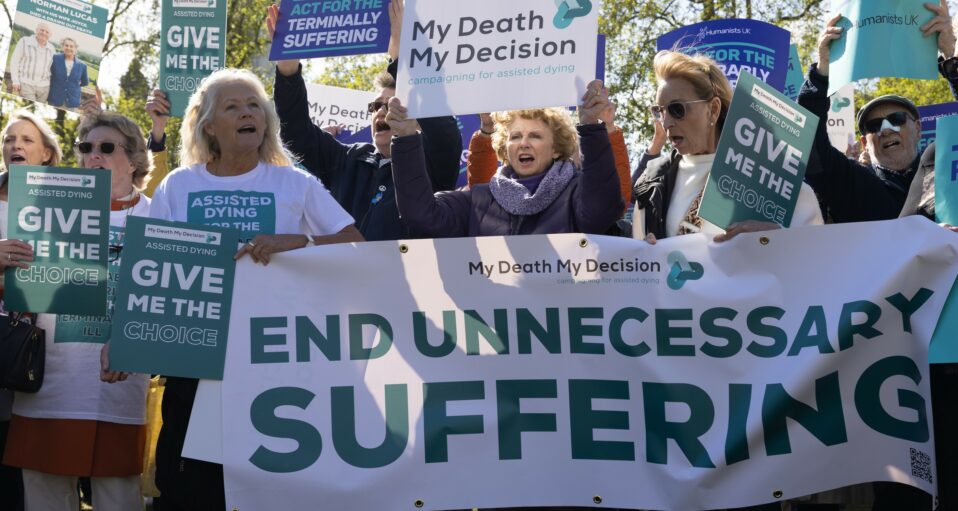
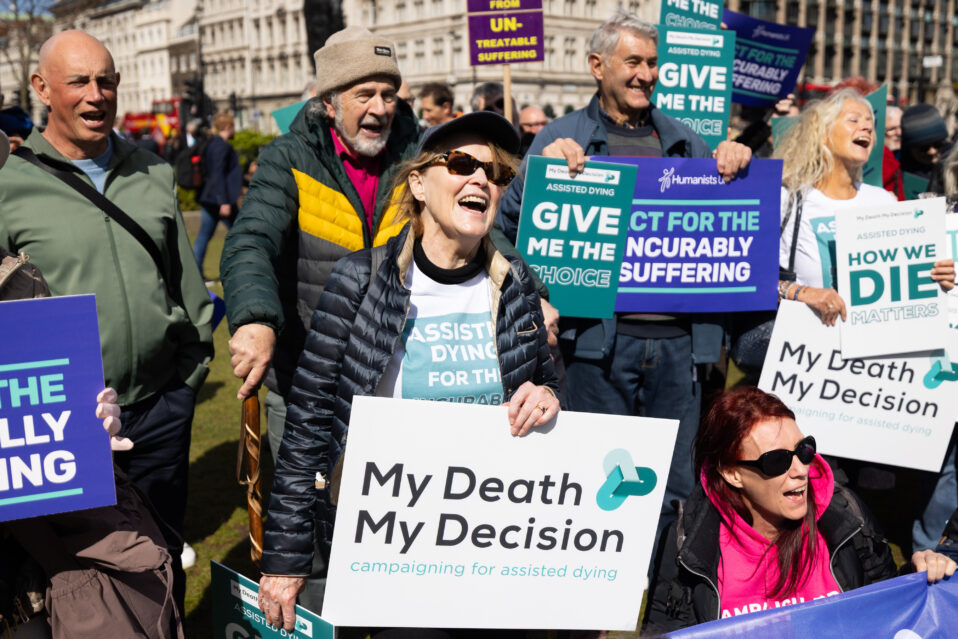
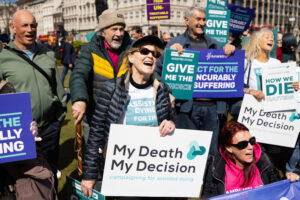 My Death, My Decision has told the committee examining the Terminally Ill Adults Bill that the assisted dying process must be compassionate. In
My Death, My Decision has told the committee examining the Terminally Ill Adults Bill that the assisted dying process must be compassionate. In 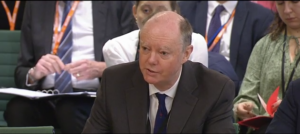 Committee members have recently heard evidence from nearly 50 witnesses,
Committee members have recently heard evidence from nearly 50 witnesses, 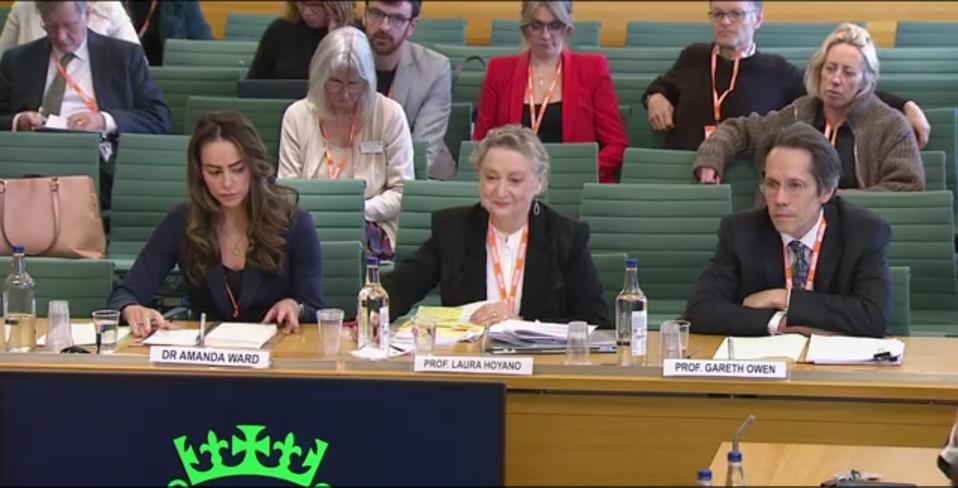
 Thursday 30 January was the last day of oral evidence for The Terminally Ill Adults Bill Committee. MPs heard evidence from international experts, medical professionals and people with lived experience.
Thursday 30 January was the last day of oral evidence for The Terminally Ill Adults Bill Committee. MPs heard evidence from international experts, medical professionals and people with lived experience. Dr Ward told MPs:
Dr Ward told MPs: Professor Preston agreed, saying:
Professor Preston agreed, saying: Liz told the committee:
Liz told the committee: When asked about a potential ‘gag clause’ that would prevent doctors from talking about assisted dying to patients, Dr Mulholland said:
When asked about a potential ‘gag clause’ that would prevent doctors from talking about assisted dying to patients, Dr Mulholland said: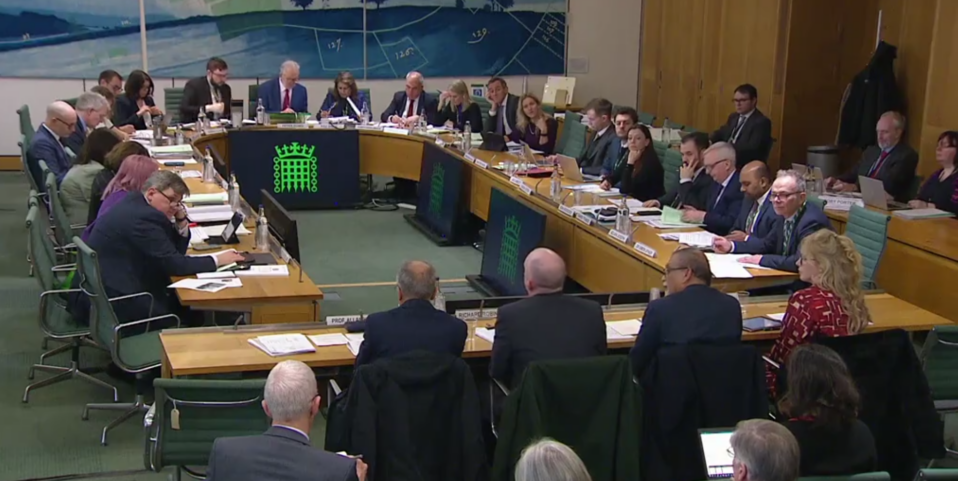
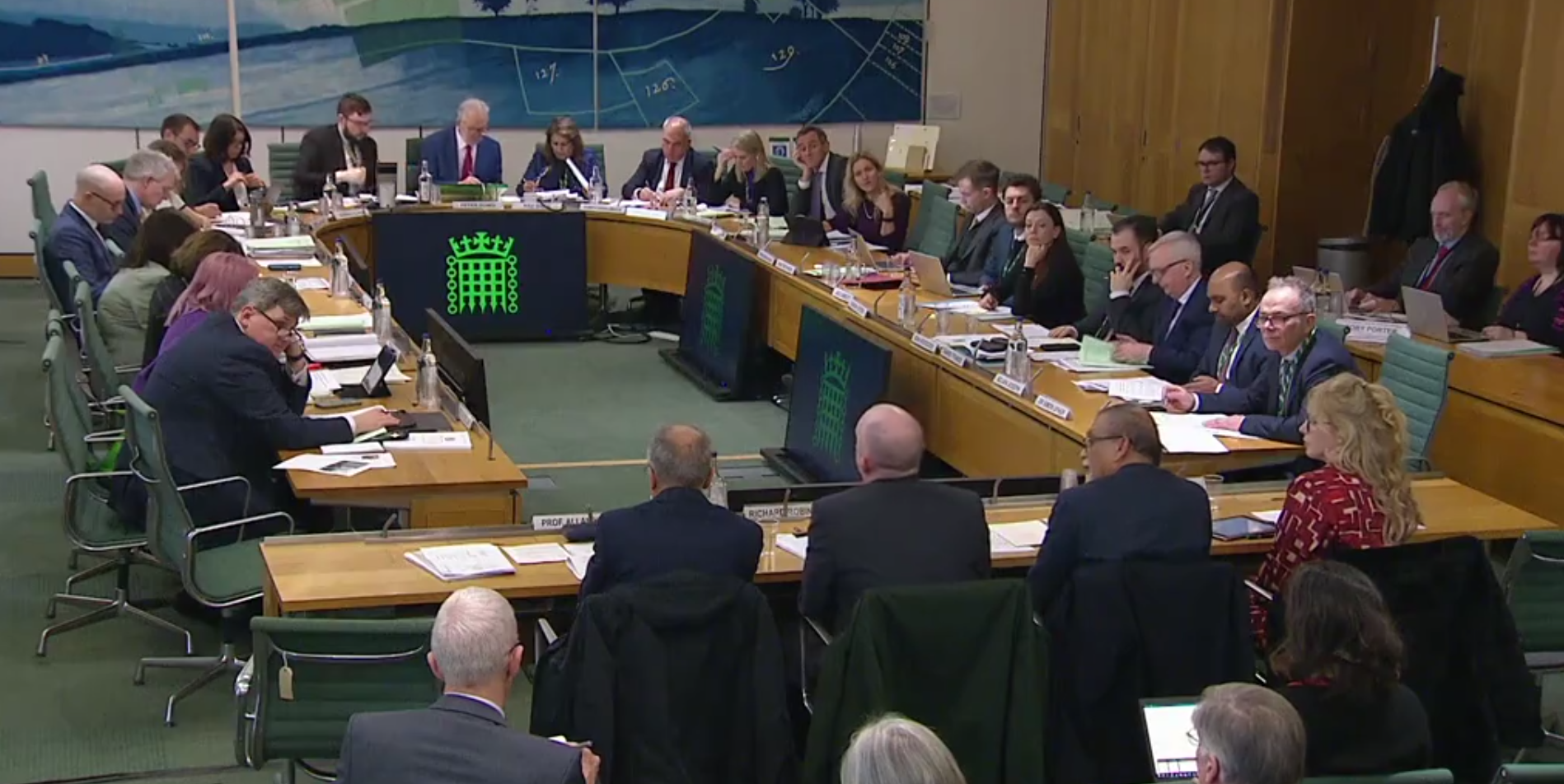
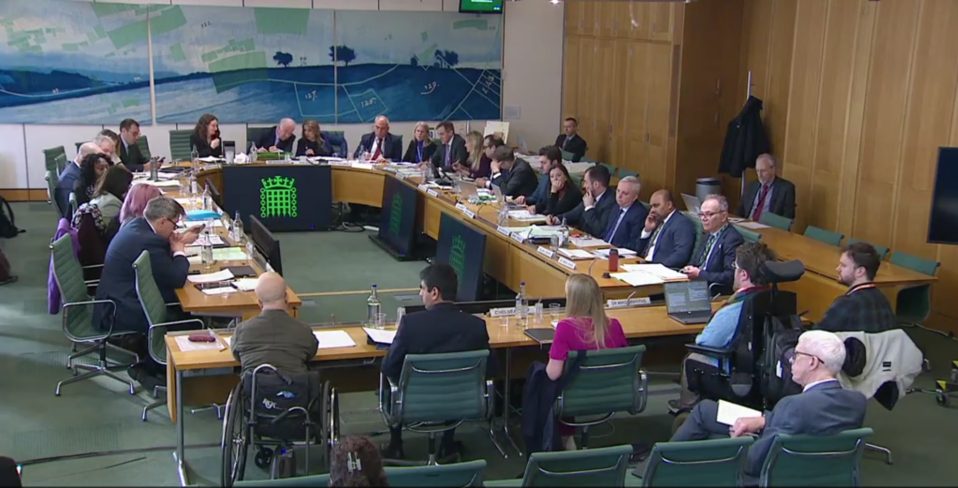
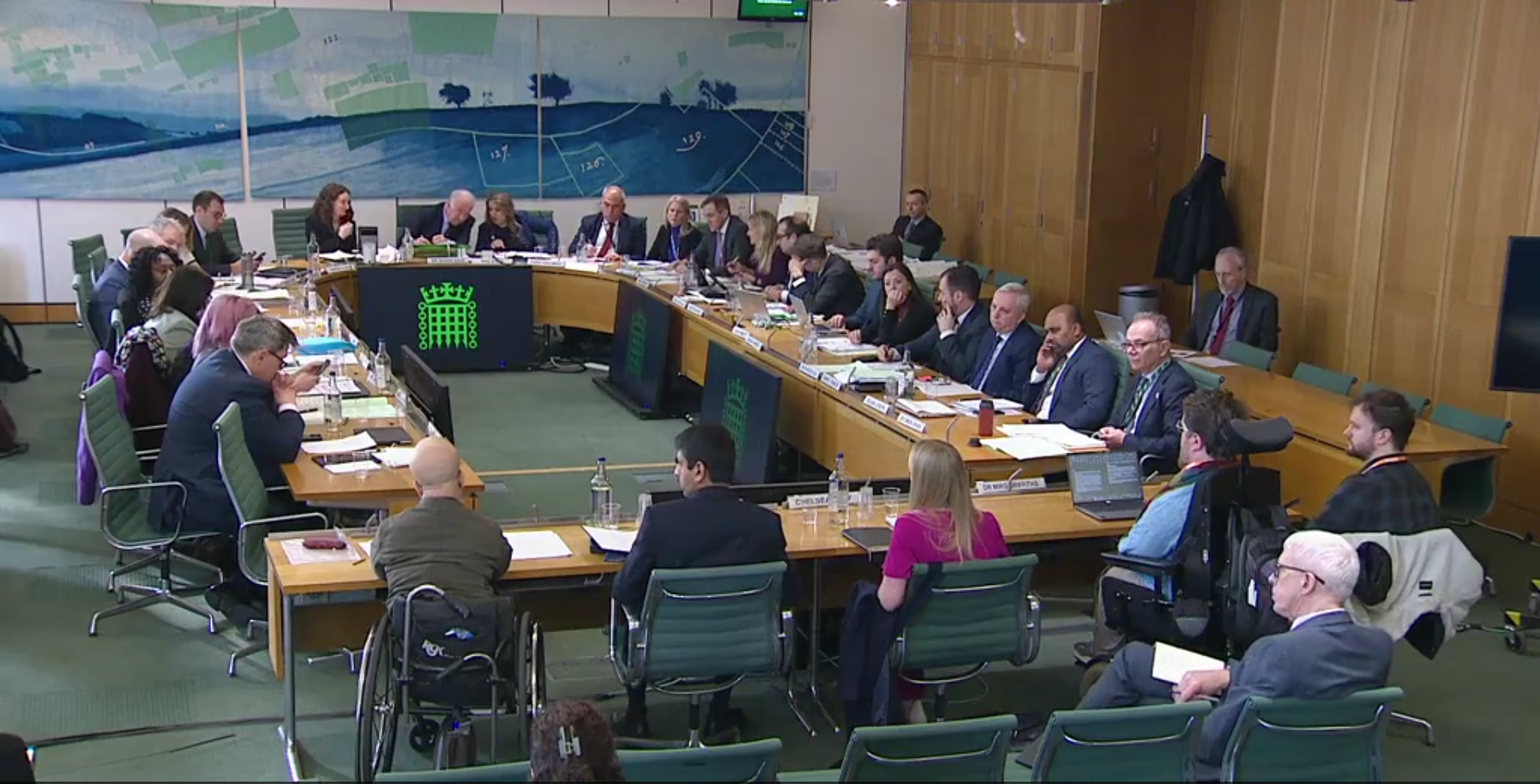
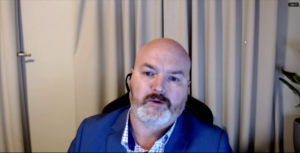 All three experts told the Committee how the Australian states have safe, compassionate and working assisted dying laws. Dr Mewett told the committee:
All three experts told the Committee how the Australian states have safe, compassionate and working assisted dying laws. Dr Mewett told the committee: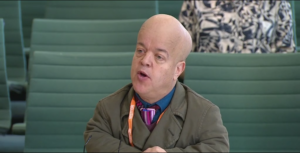 Citing his quality research with disabled people, Professor Tom Shakespeare, told the Committee:
Citing his quality research with disabled people, Professor Tom Shakespeare, told the Committee: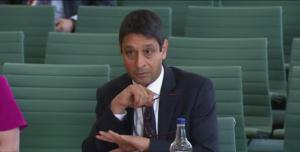 Citing his 20 years of human rights work, Yogi Amin told the committee:
Citing his 20 years of human rights work, Yogi Amin told the committee: 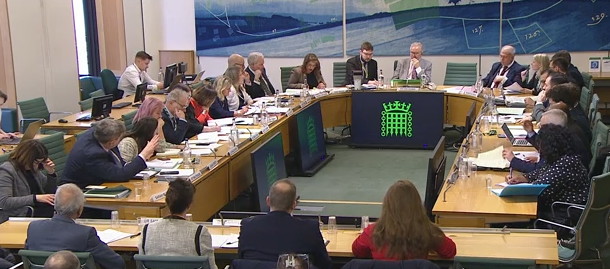
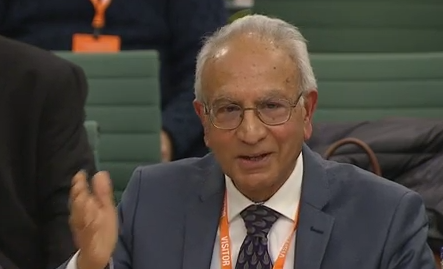 Dr Sam Ahmedzai said:
Dr Sam Ahmedzai said: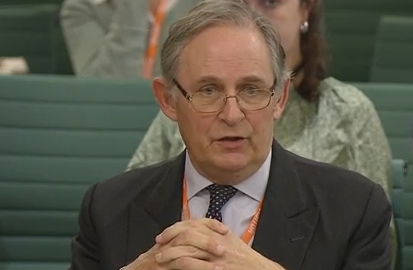 Sir Nicholas Mostyn told MPs that he may still have to go to Dignitas, even if the Bill passes. He told MPs:
Sir Nicholas Mostyn told MPs that he may still have to go to Dignitas, even if the Bill passes. He told MPs: On concerns about coercion, Dr Ryan Spielvogal, Senior Medical Director for Aid in Dying Services in California, told MPs:
On concerns about coercion, Dr Ryan Spielvogal, Senior Medical Director for Aid in Dying Services in California, told MPs: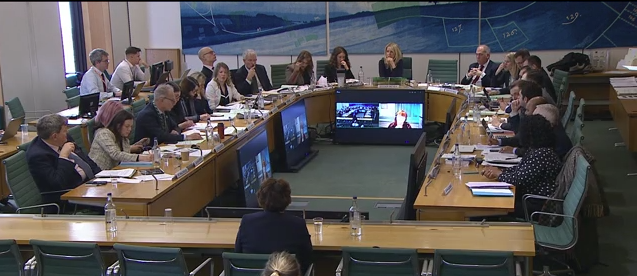
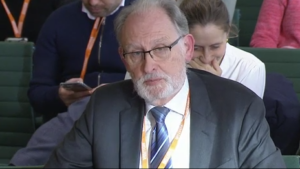 Dr Andrew Green, Chair was asked if doctors should be prohibited from talking about assisted dying to their patients. He replied: “Please do not pass legislation that makes it harder for doctors to understand their patients.”
Dr Andrew Green, Chair was asked if doctors should be prohibited from talking about assisted dying to their patients. He replied: “Please do not pass legislation that makes it harder for doctors to understand their patients.”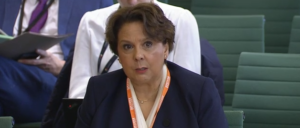 Professor Nicola said the role of a nurse is to listen and advocate for the patient:
Professor Nicola said the role of a nurse is to listen and advocate for the patient: 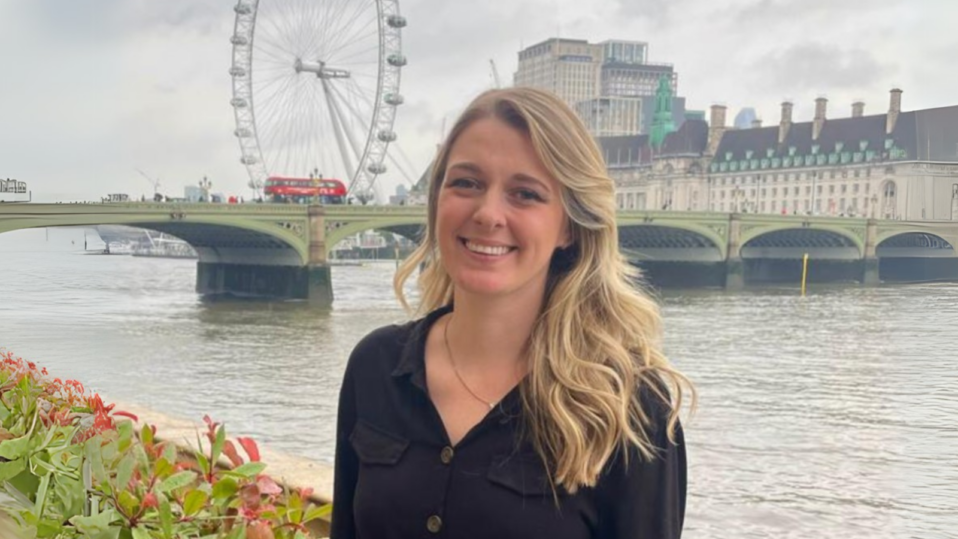



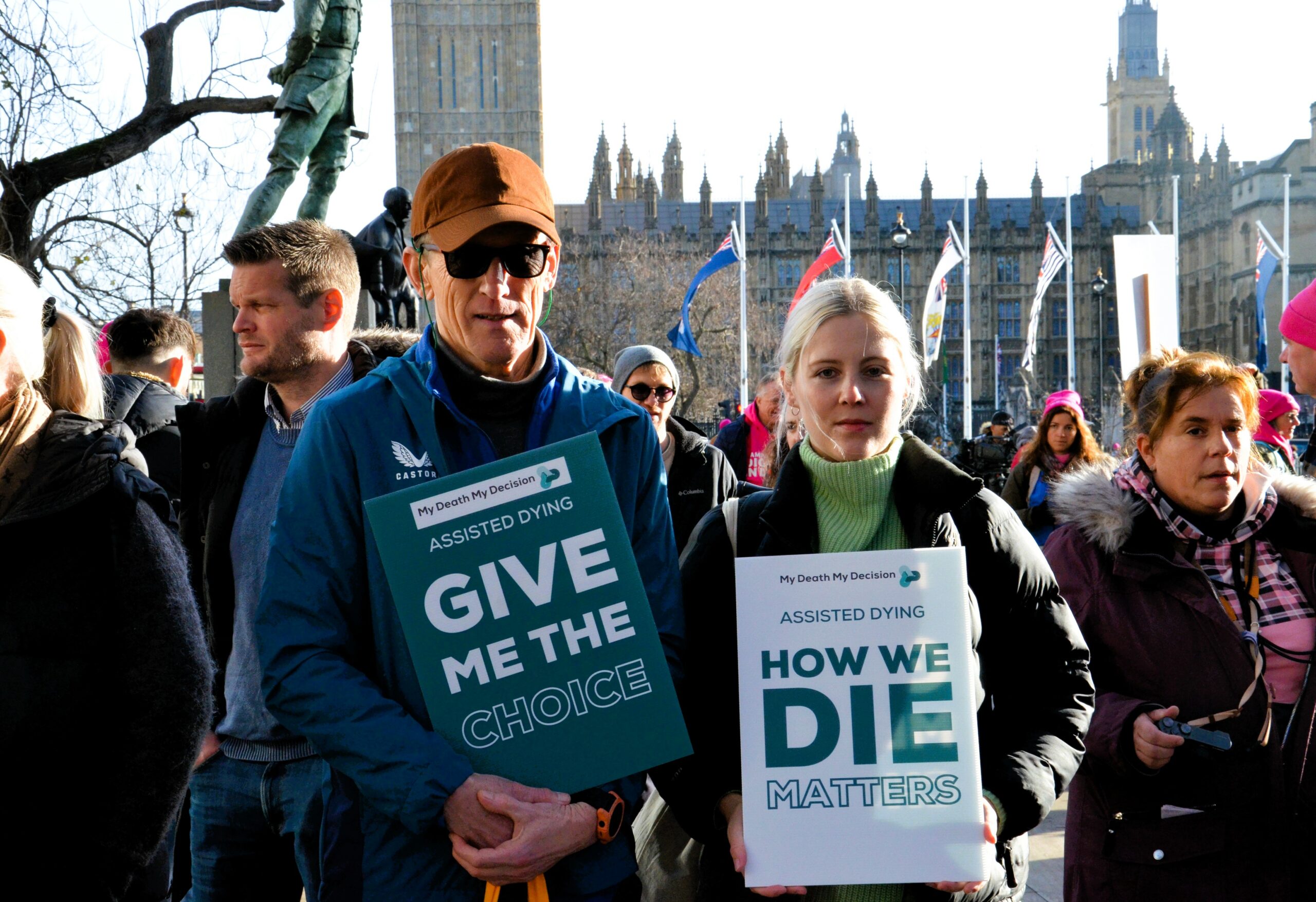
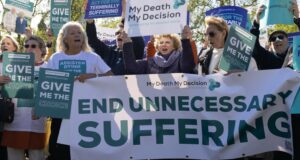 MPs have
MPs have 
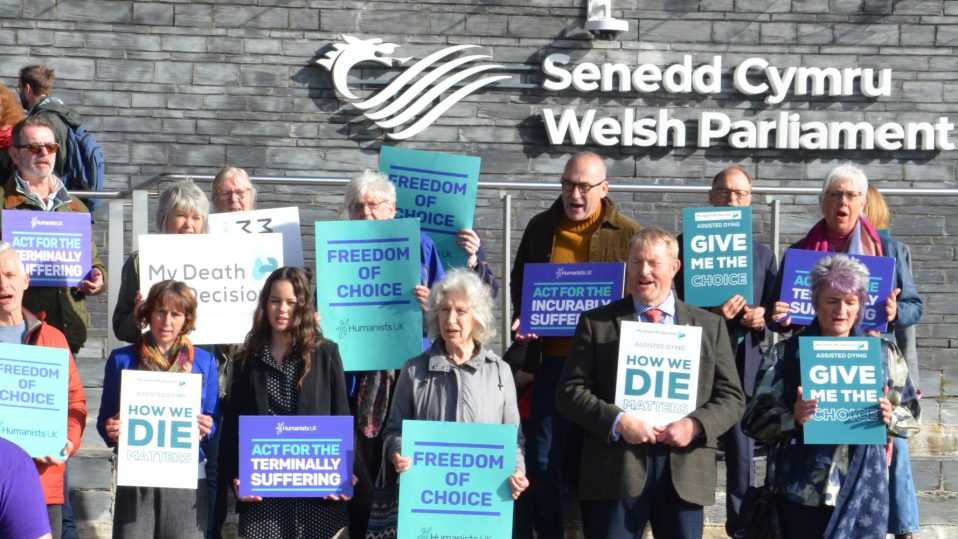


Recent Comments